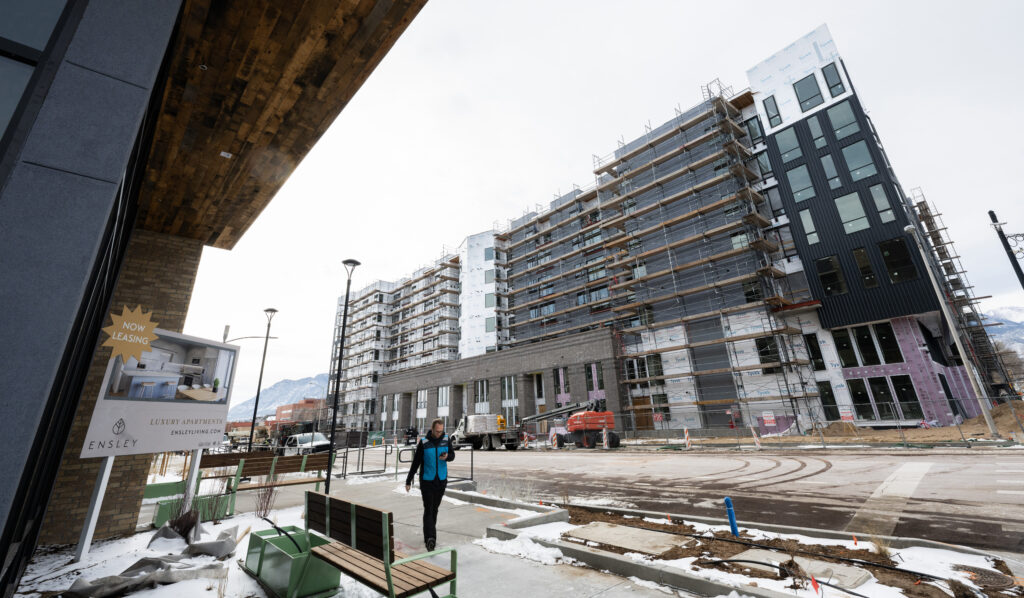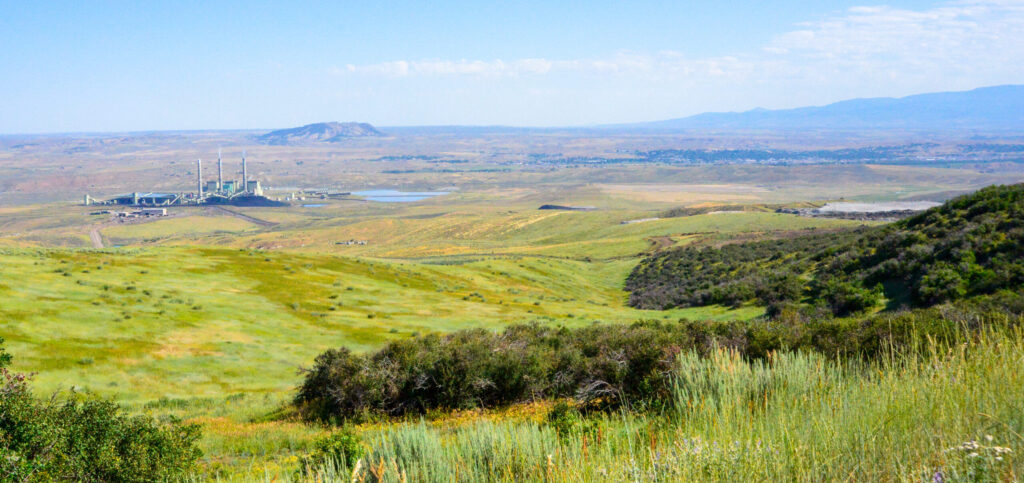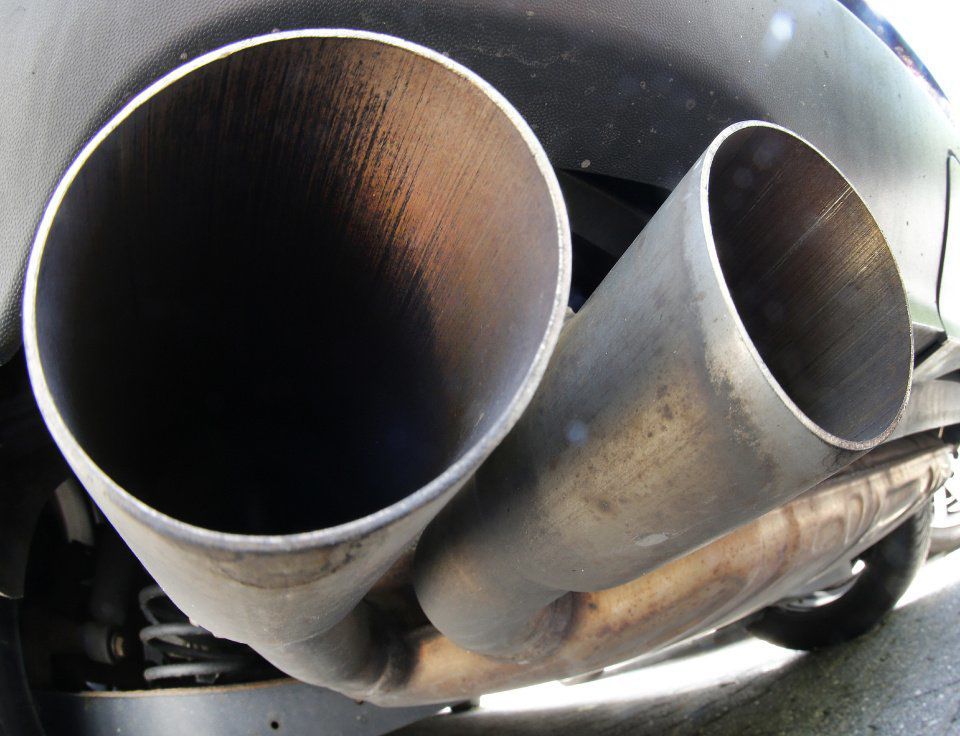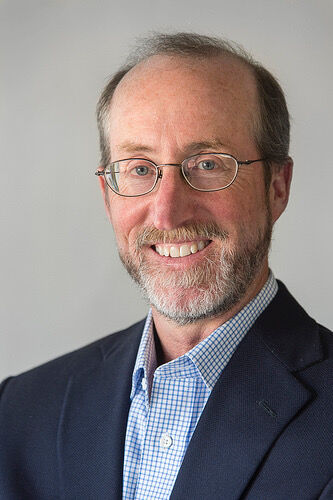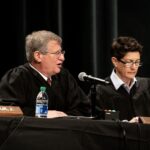Colorado rolls out plan to supercharge clean-energy jobs boom
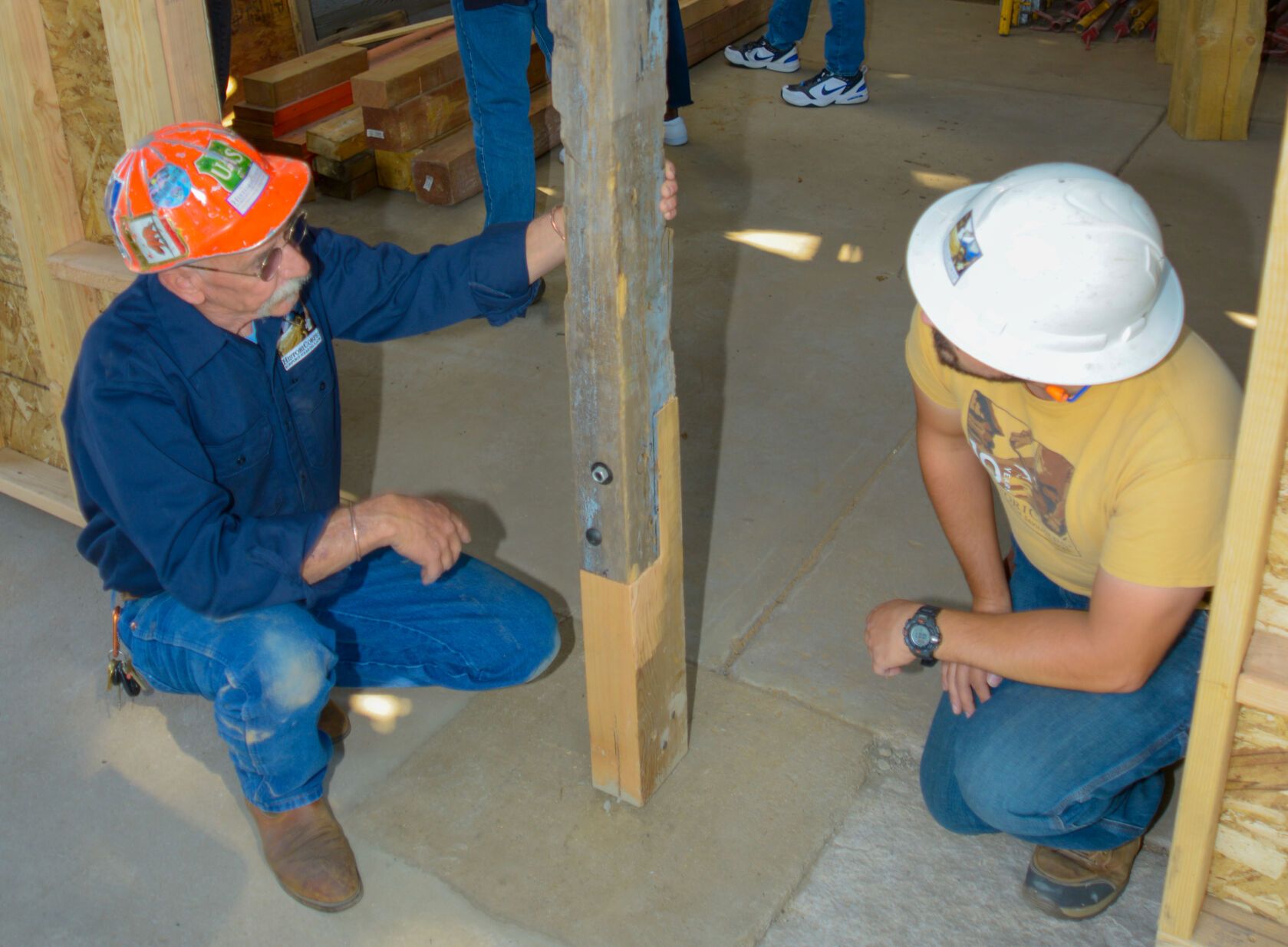
A new state analysis released Tuesday warns that Colorado will face significant shortages of skilled trades workers, threatening the state’s ability to meet Gov. Jared Polis’ greenhouse gas reduction goals unless it dramatically ramps up training.
The report shows gaps in the trades, such as electricians, wind turbine technicians, EV automotive technicians and HVAC technicians, must be filled to meet clean-energy goals.
The state will need thousands more workers in “climate-critical” occupations to hit statutory targets of 50% emissions cuts by 2030 and net-zero by 2050, according to the report.
Although there are more than 67,000 Coloradans already working in clean energy, current training pipelines fall short of demand driven by electrification, renewable-energy buildout, and building upgrades, the report shows.
“The climate workforce is the backbone of our clean energy transition,” Will Toor, executive director of the Colorado Energy Office, said in the release. “We could not do this without the people who build energy-efficient and electric homes, install solar panels and geothermal systems, and service our electric vehicles and charging stations.”
To close the gaps, the report recommends exposing students to trades careers starting in K-12, expanding training programs in rural areas — strengthening registered apprenticeships and improving coordination among state agencies and stakeholders.
Polis highlighted the economic upside of expanding the trades workforce: “The simple truth is that clean energy creates good jobs and economic growth. These innovative technologies are protecting air quality and the environment, while creating new opportunities for our state’s workforce.”
The analysis builds on existing state efforts, such as the registered apprenticeship program through the Weatherization Assistance Program and a dedicated zero-emission vehicle workforce initiative.
The Colorado Climate Workforce Analysis & Plan was prepared for the Colorado Energy Office by Industrial Economics, Inc., a Cambridge, Massachusetts-based consulting firm.
The report is part of Colorado’s larger efforts to develop the climate workforce, which also includes a registered apprenticeship through the Weatherization Assistance Program, funding to support upskilling and new training programs through the Training for Residential Energy Contractors grant, and a Zero Emissions Vehicle Workforce Development group.



